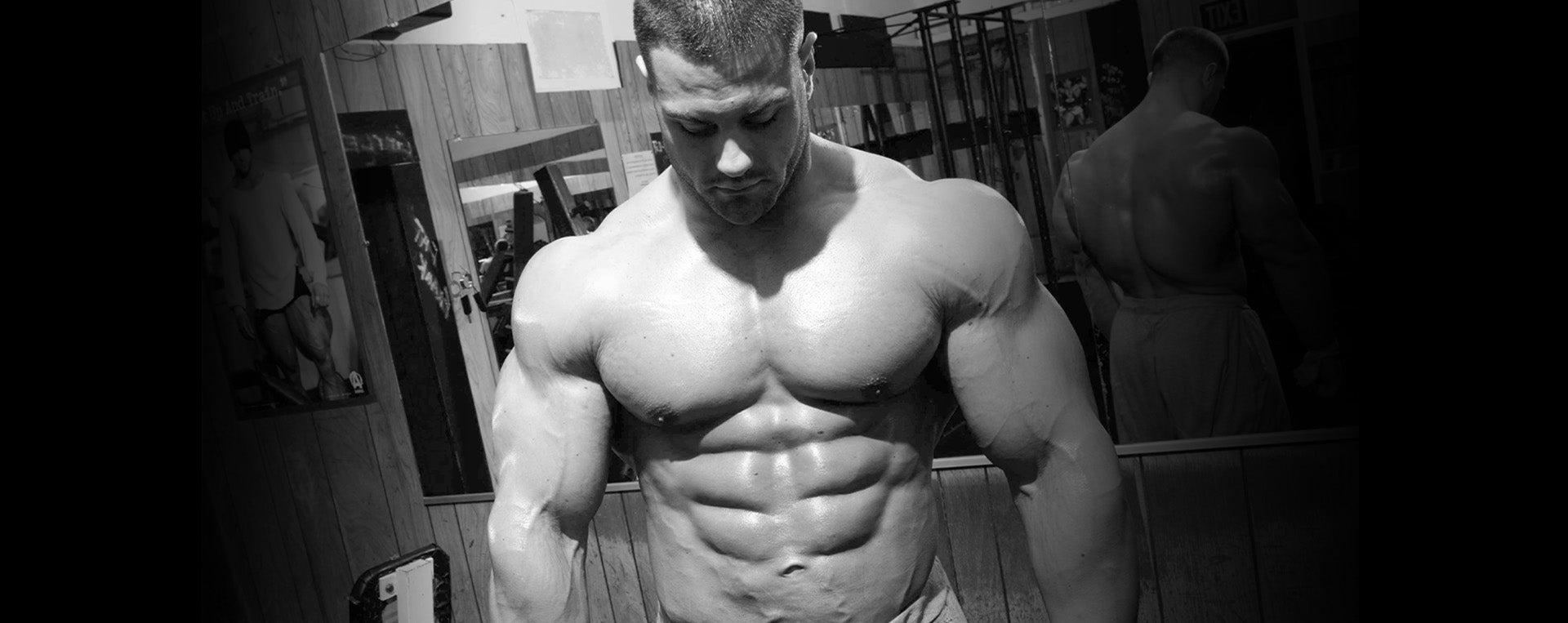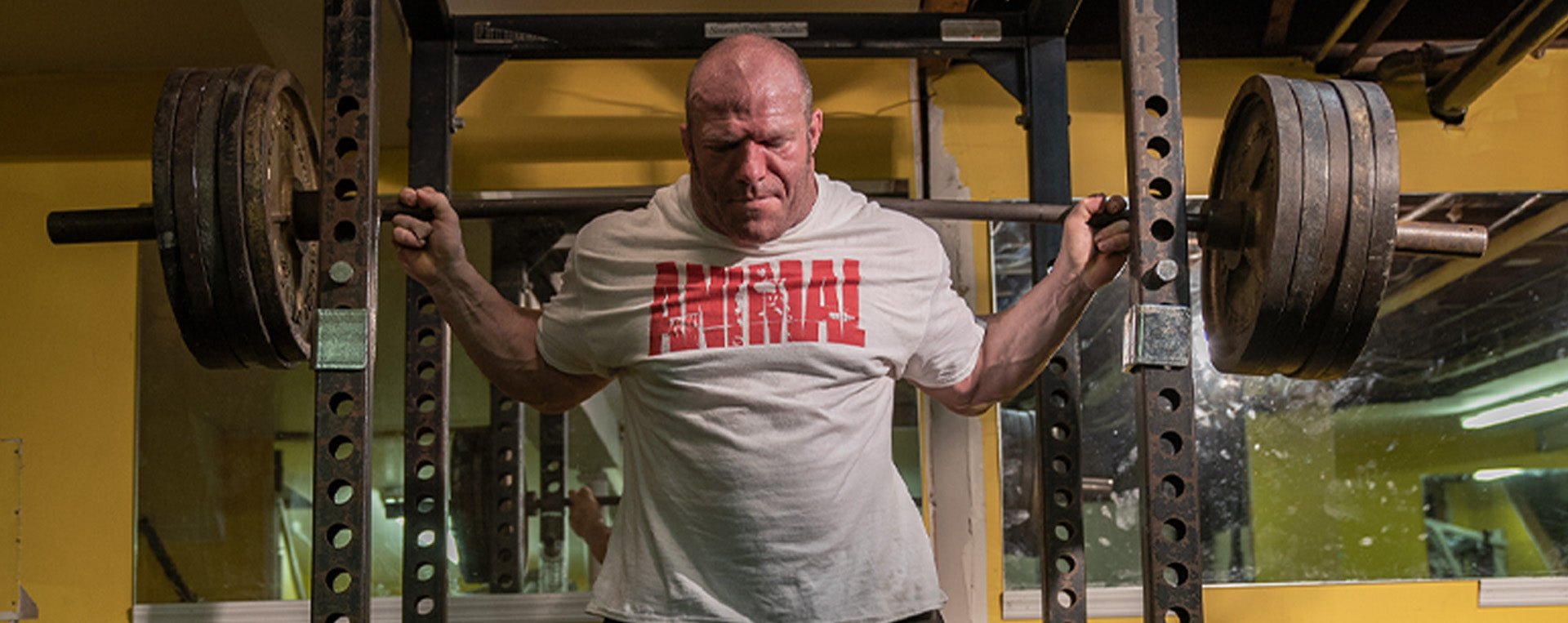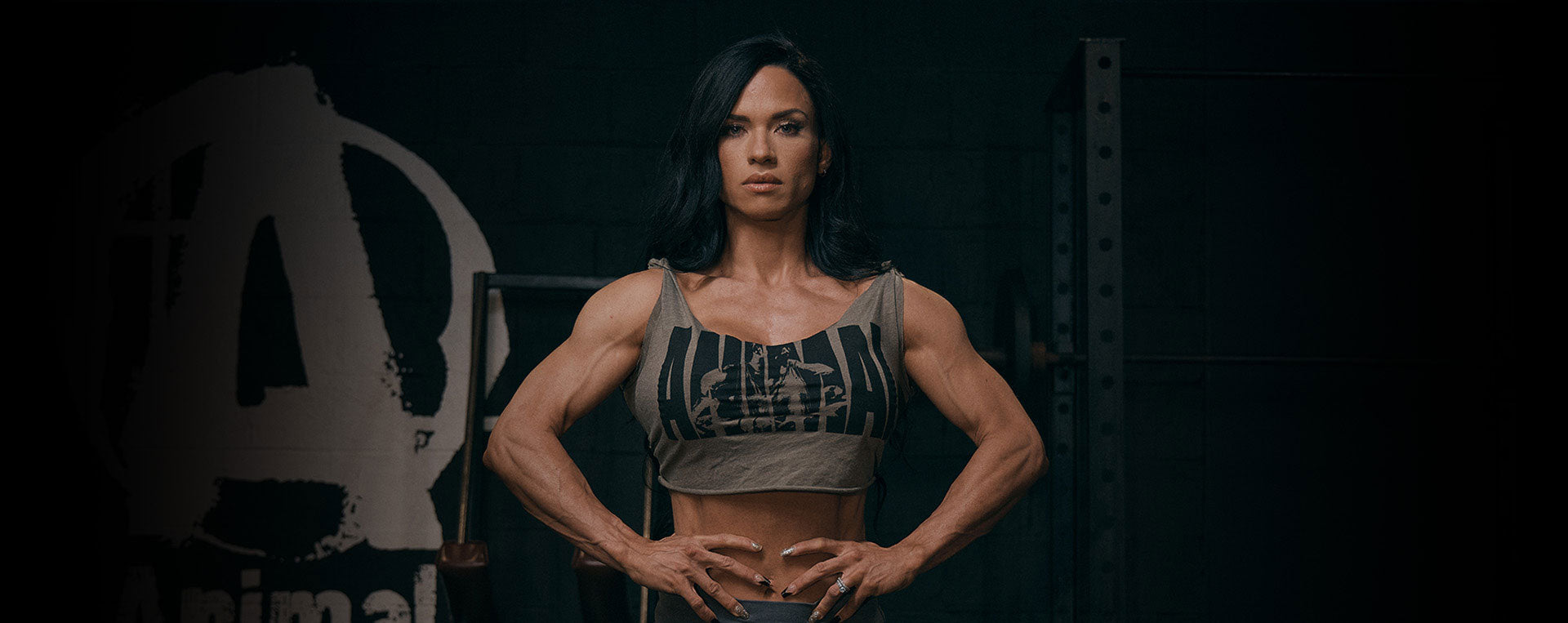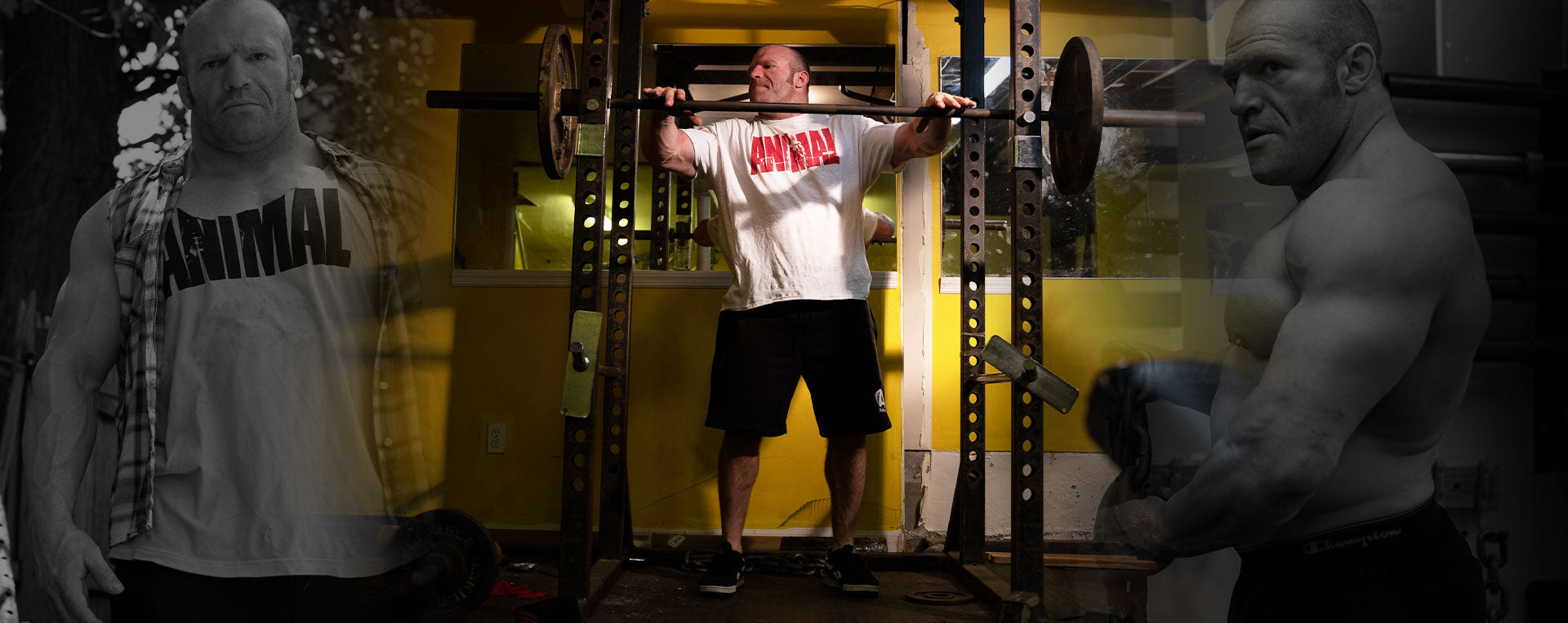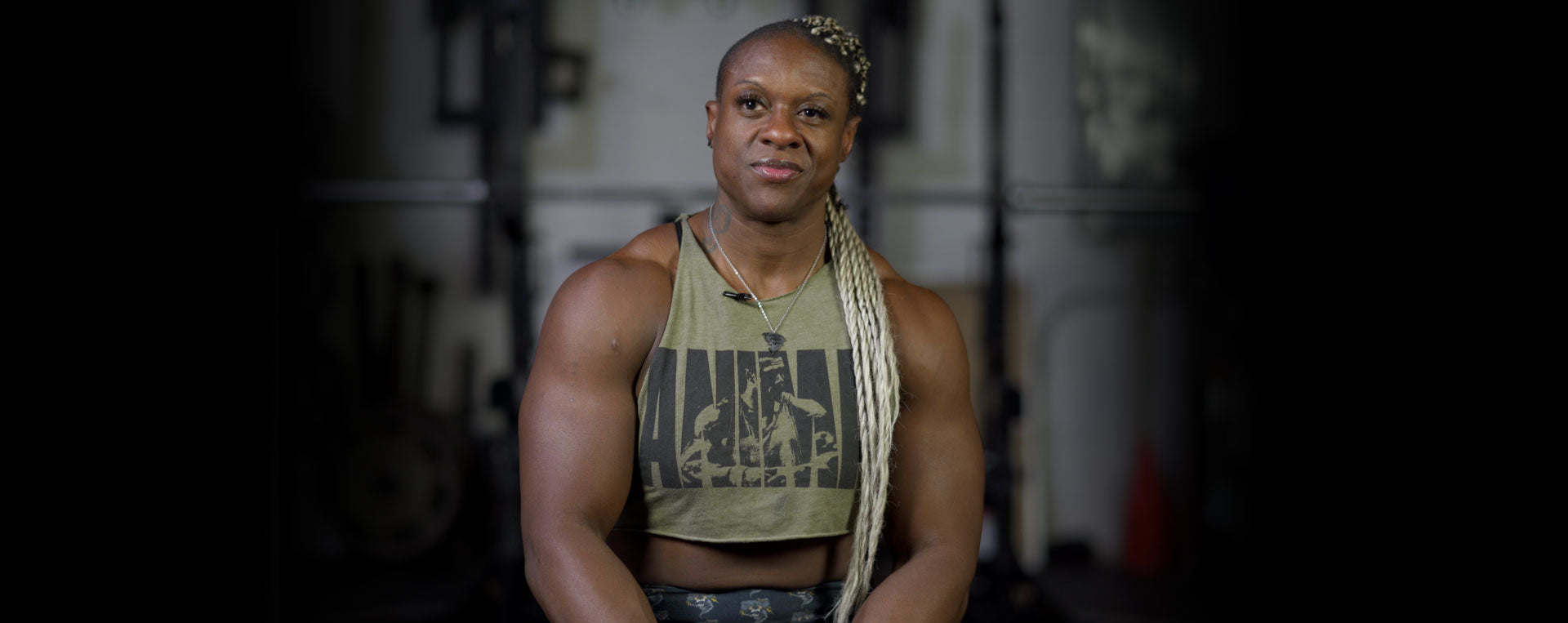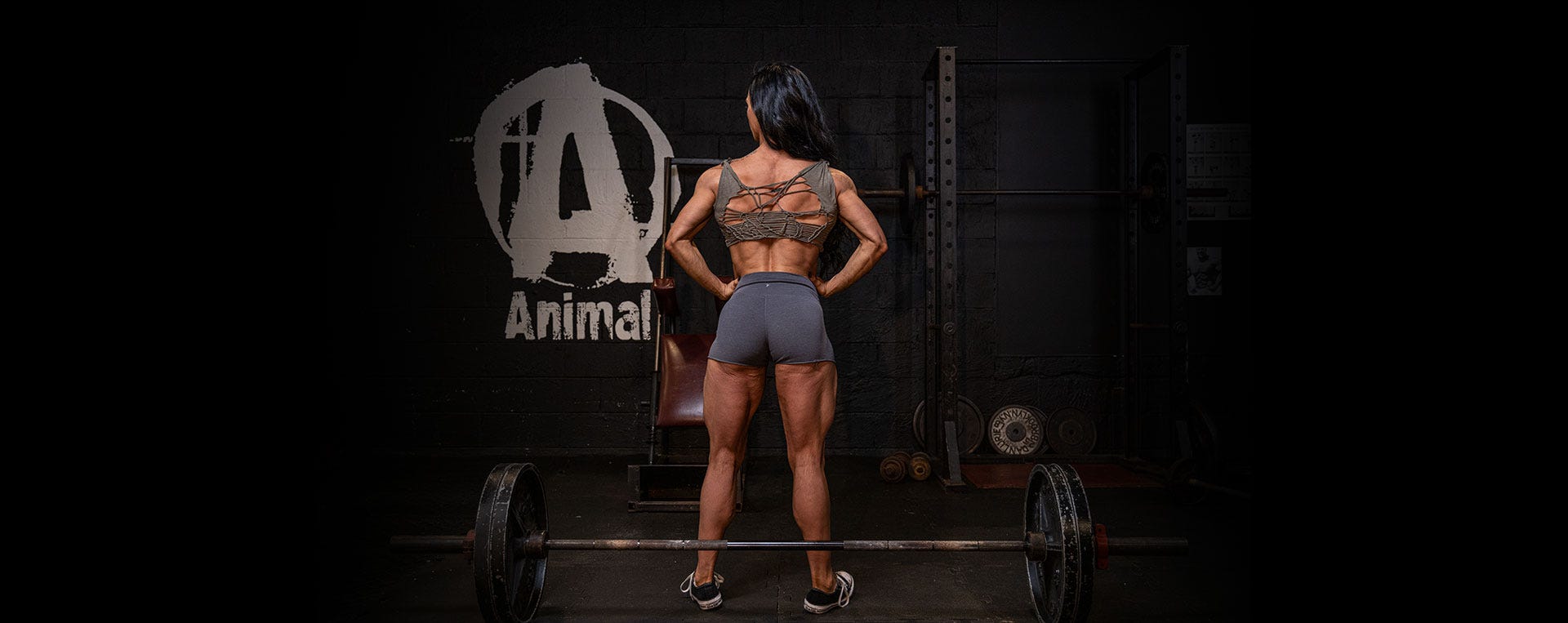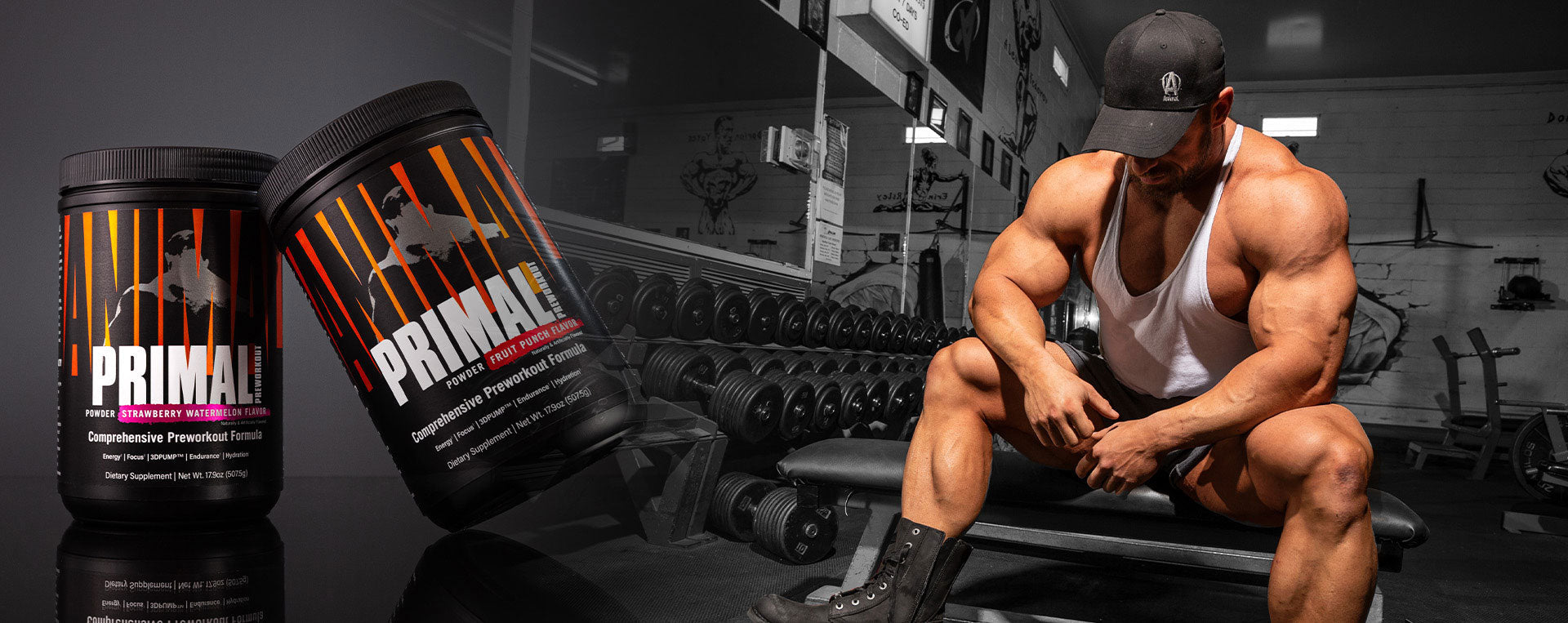1. Technique
That’s right, you need to own your damn bar path. The biomechanical representation of an injury is applied force greater than tissue tolerance (In=Af>Tt). If you have a technique that is placing too much applied force on a tissue, which in a particular position does not have the tissue tolerance, you will succumb to an injury regardless of what warm-up routine you go through. No lacrosse ball bash and mash or cute parlor trick will change that fact.2. Programming
Programming your bench properly is a crucial step in decreasing the likelihood of injury. Overall, fatigue management and proper periodization are the two most important factors to consider when looking at bench programming. In the early stages of training, while you’re still mastering your technique, higher frequency bench training can be beneficial, as it allows you to practice the bar path and become as efficient and effective at the movement as possible. However, when you’ve become efficient at the movement and the weight on the bar becomes relatively difficult, you should consider lower frequency training.Simply put, the early stages of bench pressing (or any lift for that matter) exists in what’s called the “skill acquisition” phase. This is where the movement breaks down, not because one particular muscle group isn't pulling its weight, but rather due to a breakdown in the coordination or “skill” of the exercise. Once we’ve surpassed the plateau of technical failure, we will then set our sights on examining what muscle group needs strengthening in isolation. We’ll start to drop our frequency of loading of the competition bench and wave in more focused pressing accessories to help bolster those weak points. Augmenting some of the barbell work with complementary accessory helps to alleviate stress to the system.
In the current landscape of double-taping, dopamine-quick-fixes, we need to understand that this shit gets complicated. Your body is under no obligation to make sense to you, so in order to strive for continual, pain-free progress you need to spend time training what matters the most—your brain. Work on your mindset and your training IQ.










